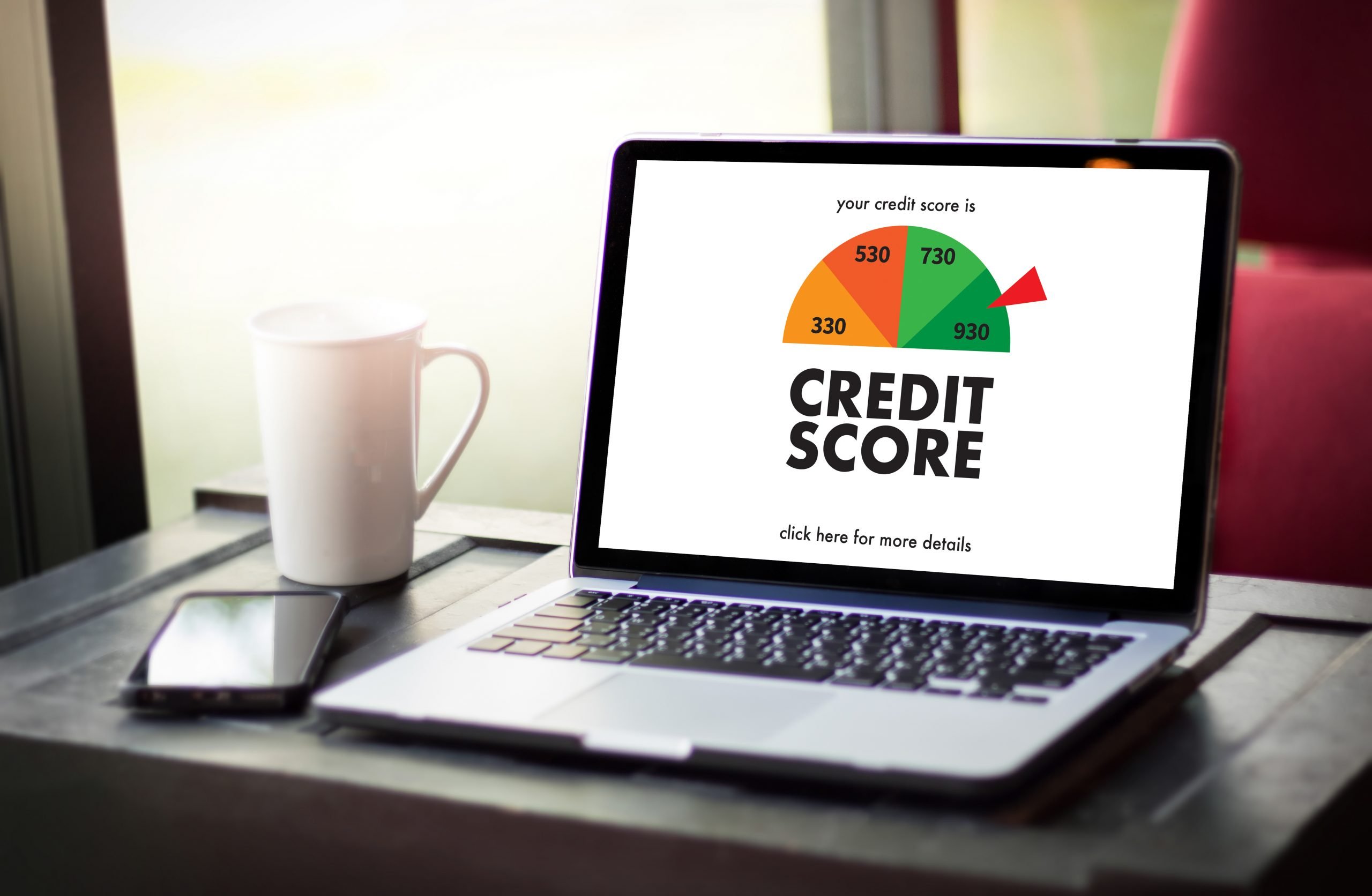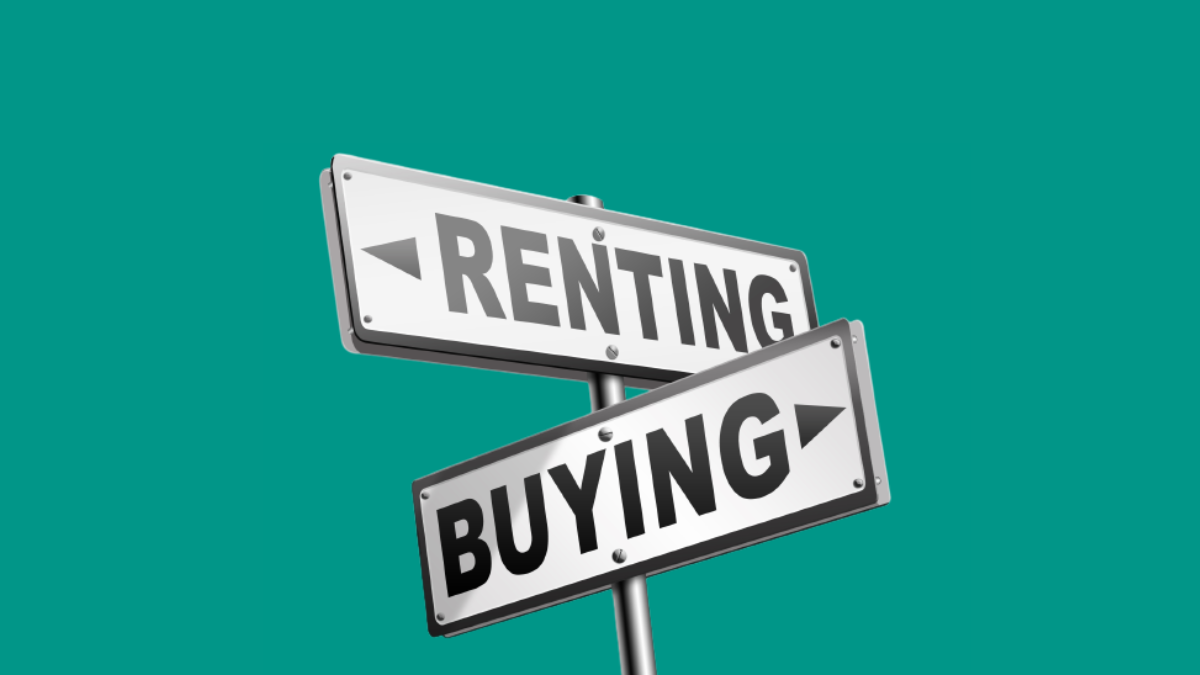Financial Education
What is a good credit score to rent a house?
Are you ready to rent a new house and get one step closer to independence? Then keep reading and learn what the minimum credit score for that is!
Advertisement
The right credit score for a smooth tenancy

What exactly is a good credit score to rent a house? Finding the perfect rental home is a task that requires patience, perseverance, and preparation.

750 credit score: what does it mean?
Want to increase your buying power, qualify for the best loans, and get access to more rewards? Having a 750 credit score is key. Read on and learn!
Along with managing your budget location, one essential requirement is your score. Let’s explore this and other necessary documentation to secure a smooth tenancy.
You will be redirected to another website
You’ll receive messages for less than 1 week, with a maximum of 1 message per day. You can unsubscribe anytime by replying STOP. By submitting this form, I confirm that I am 18+ years old and agree to the Privacy Policy and Terms and Conditions. I also provide my signature, giving express consent to receive informational messages via automated emails, SMS, MMS text messages, and other forms of communication. Message frequency may vary as part of our good-faith effort to respond to your inquiry. Message and data rates may apply. Text STOP to cancel. I understand that my consent to receive communications is not a condition of purchase and that I may revoke my consent at any time.
Advertisement
What is the minimum credit score needed to rent a house?
One of the questions frequently arises “what is the minimum credit score to rent a house?”
The answer to that is contingent upon several factors, such as the location and size of the rental home.
However, as a rule of thumb, most landlords look for a credit score of 650 or above. A credit score is a 3-digit number that predicts a person’s creditworthiness.
It is calculated from credit history, payment records, and outstanding payments. A higher credit score implies lower credit risk and vice versa.
Good vs. Bad Score
The credit score is divided into four categories: poor, fair, good, and excellent:
- Poor credit: 300- 629;
- Fair credit: 630-680;
- Good credit: 690-719;
- Excellent credit: 720-850.
A good credit score ranges from 670 to 739, whereas an excellent credit score ranges from 740 and above. A score of 580 or below is considered a bad credit score.
So, having a good or excellent credit score indicates that you are financially stable and responsible, making you an ideal candidate to rent a house.
Advertisement
Landlords prefer good scores: why?

Landlords prefer tenants with good credit scores to rent a house for several reasons.
Firstly, a good credit score indicates that the tenant is financially reliable and can manage rent payments on time.
Secondly, a good credit score suggests the tenant is less likely to fall behind on rent or break the rental agreement.
Finally, a good credit score indicates that the tenant is responsible and trustworthy, which is crucial when renting a property.
Other necessary documentation when applying for a rental home
Apart from a good credit score, there are other necessary documents that you need to provide when applying for a rental home.
Some of these documents include the following:
Advertisement
A valid driver’s license, passport, or ID
These documents serve as proof of identity. They are critical when renting a house because they may help landlords run a background check on you.
Proof of income
Landlords will typically want proof that you have a steady source of income to rent a house.
It could be in the form of pay stubs, tax returns, or bank statements.
Current utility bills
Utility bills provide evidence of your financial responsibility. They can prove that you paid bills on time in your previous residence.
They provide landlords with additional assurance that you are a responsible tenant.

Can you get a credit card with no job?
Looking for a credit card without having to depend on regular employment? Read our guide, and discover how you can get a credit card with no job!
Rental application
A rental application provides landlords with details about potential tenants. It typically includes employment, income, credit score, and rental history information.
Landlords use this information to evaluate the feasibility of renting to you.
A security deposit
This deposit is typically equal to one month’s rent. It covers any damages that may occur during your tenancy.
Tips to increase your credit score and maximize your chances of approval
Building a good credit score to buy or rent a house takes discipline, consistency, and patience.
Check out these ten easy and practical tips to increase your credit score and maximize your chances of approval.
1. Pay your bills on time
Paying your bills on time is one of the most crucial things you can do to maintain a good credit score.
Delinquent payments can significantly impact your score even by a few days.
One thing you can do to avoid that is to set automated reminders to ensure that you make timely payments.
2. Keep your credit utilization low
Credit utilization is the ratio of your credit card balance to your credit limit. Ideally, it would help if you aimed to keep your credit utilization below 30%.
High credit utilization can indicate that you are overextended financially and may be unable to repay your debt on time.
A high credit utilization ratio can also damage your credit score.
3. Keep old credit accounts open
Closing old credit accounts can hurt your credit score. The length of your credit history is also essential when calculating your credit score.
Therefore, avoid closing old accounts, even if you no longer use them.
4. Apply for credit products sparingly

When you apply for a new credit product, it triggers a hard inquiry on your credit report. Multiple hard inquiries in a short period can lower your credit score.
Therefore, applying for credit products sparingly is advisable, especially when trying to increase your credit score.
Applying for several credit products at once can also raise a red flag to lenders, indicating that you may be financially desperate.
5. Monitor your credit report
Mistakes in your credit report can harm your credit score. Therefore, regularly monitor your credit report to ensure that it is accurate.
If you notice any errors or discrepancies, contact the credit bureau and ask them to correct the mistake.
Also, be vigilant about any fraudulent activity on your credit report that can damage your credit score.
6. Diversify your credit mix
A mix of credit products such as auto loans, mortgages, and credit cards can positively impact your credit score.
A diversified credit mix demonstrates to lenders that you can handle various credit products responsibly.
7. Negotiate with creditors
If you are struggling with debt payments, you can negotiate with your creditors for a payment plan that works for you.
Defaulting on debt payments can hurt your credit score, mainly if your account goes to collections.
8. Pay down your debt
Paying down your debt is one of the most effective ways to increase your credit score.
Debt payments account for 30% of your credit score.
Therefore, aggressively paying down your debt can help you improve your credit score.
9. Avoid maxing out your credit cards
Maxing out your credit cards can severely impact your credit score.
As stated earlier, maintaining a low credit utilization ratio is crucial to maintain a good credit score.
10. Seek professional advice
Finally, seek professional advice if you’re struggling to manage your debts or improve your credit score.
A financial or credit counselor can help you develop a plan and provide personalized guidance to help you achieve your goals.
There you have it: the secrets to improving your score and achieving good credit to rent a house or apartment.
Up next: renting or buying a home? Keep reading and find out which is best for you!

Renting or buying a home
This article will help you weigh the pros and cons of renting or buying a home to make an informed decision. Each option has its advantages, but there are also drawbacks.
Trending Topics

Can you get a credit card with no job?
Need a credit card but don't have an income? Find out if you can get a credit card with no job, and explore your possibilities. Read on!
Keep Reading
Discover Student Loan review: how does it work and is it good?
In this Discover Student Loan review you will how it will pay for the entire cost of your attendance and reward you for good grades.
Keep Reading
Learn how to download the Colorfy App and manage your anxiety and stress
Discover how to download the Colorfy app to have a little more anxiety control with painting. Keep reading!
Keep ReadingYou may also like

What is credit card stacking and how to do it?
Have you hear about credit card stacking? You can get the best of the credit cards benefits using this method. We'll show you how.
Keep Reading
Best secured credit cards with no credit check: easiest to get!
Pick one of the best secured credit cards with no credit check to fix your credit score. This will help you in the future for sure!
Keep Reading
Learn how to calculate your credit scores!
Having a good credit score is very important for your financial life. Keep reading to learn how to calculate your credit score!
Keep Reading